Number Recognition Numbers Worksheets for Ages 3-8
229 filtered results
-
From - To
Boost your child’s number recognition skills with our engaging worksheets designed for ages 3-8! Our colorful, fun, and educational printables help kids learn to identify, trace, and write numbers effortlessly. Perfect for early learners, these worksheets incorporate exciting activities like counting objects, connecting dots, and matching numbers, making math concepts easy to grasp. Aligning with educational standards, our resources are ideal for use at home or in the classroom, supporting both parents and teachers. Develop essential math skills and build a solid foundation with our Number Recognition Numbers Worksheets today! Visit Kids Academy to explore now.
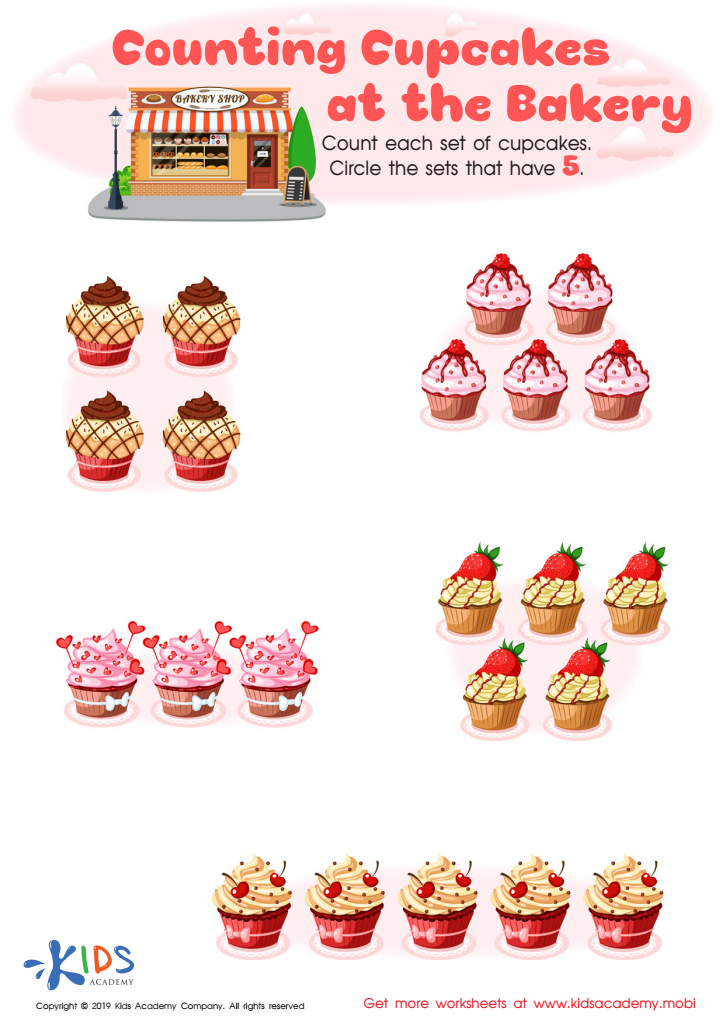

Counting Cupcakes Worksheet
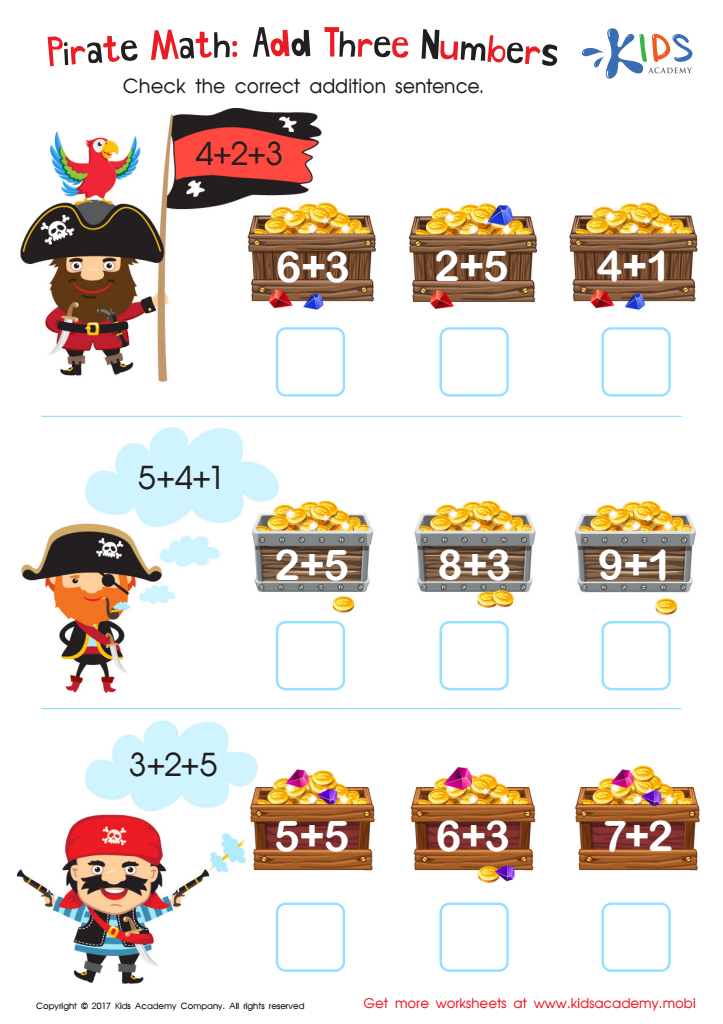

Pirate Math Printable
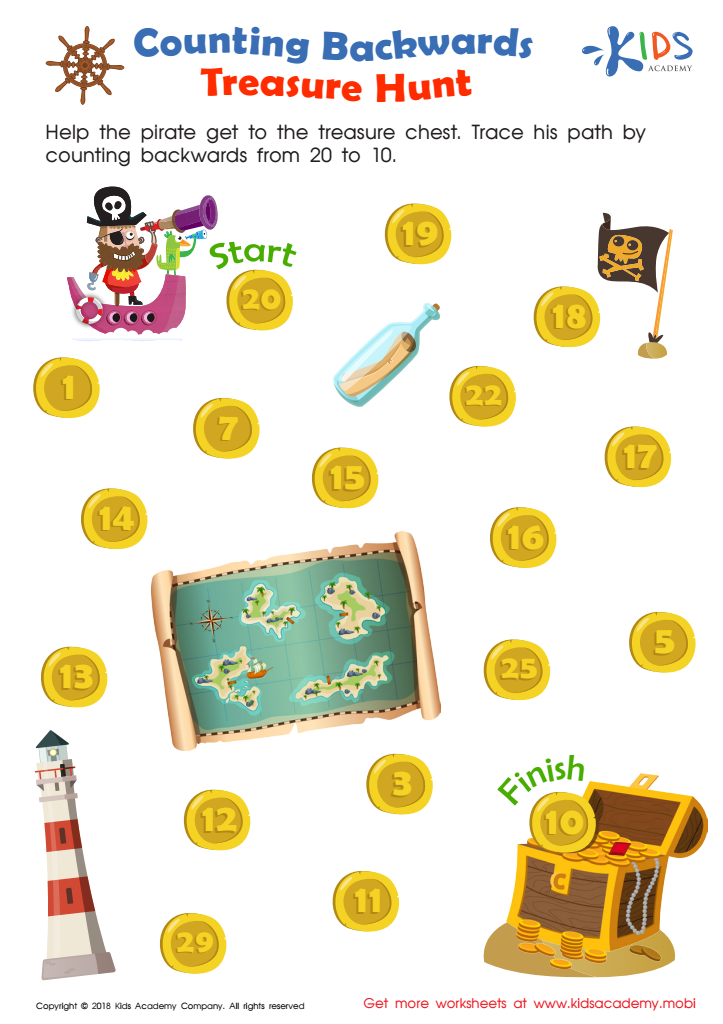

Counting Backwards: Treasure Hunt Worksheet
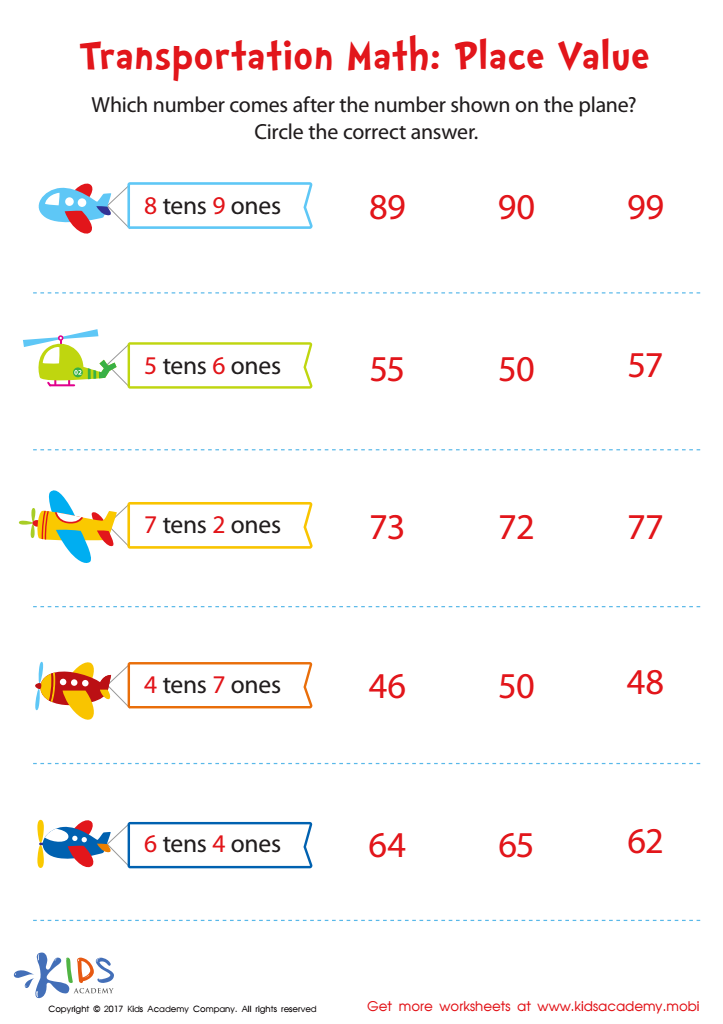

Transportation Math Printable
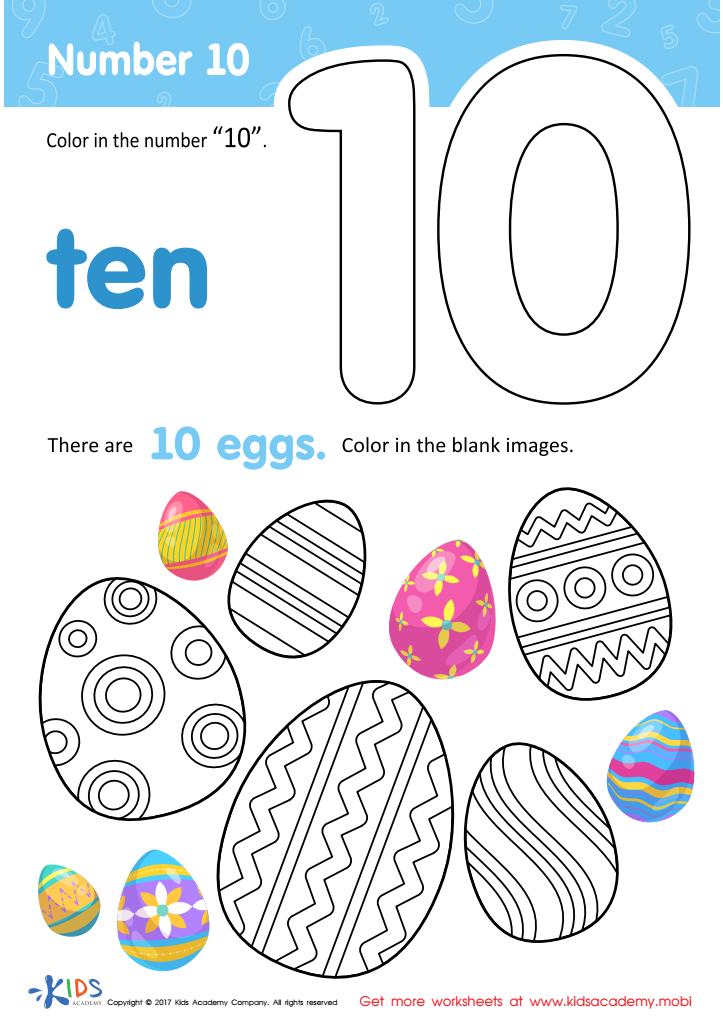

Number 10 Printable
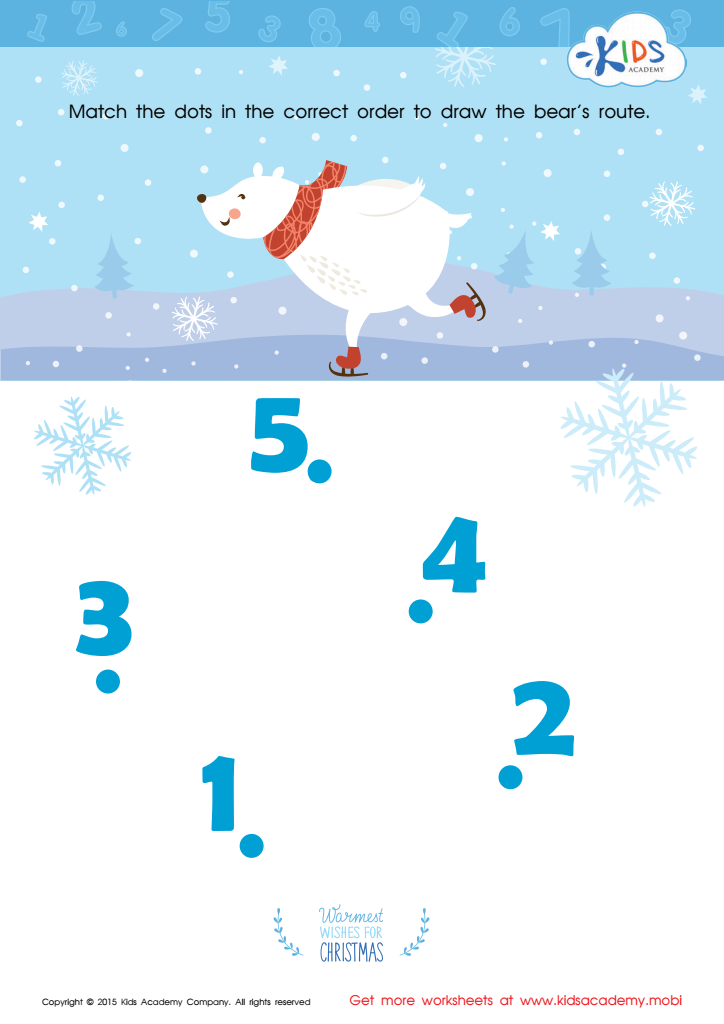

Drawing the Bear's Route by Number Worksheet
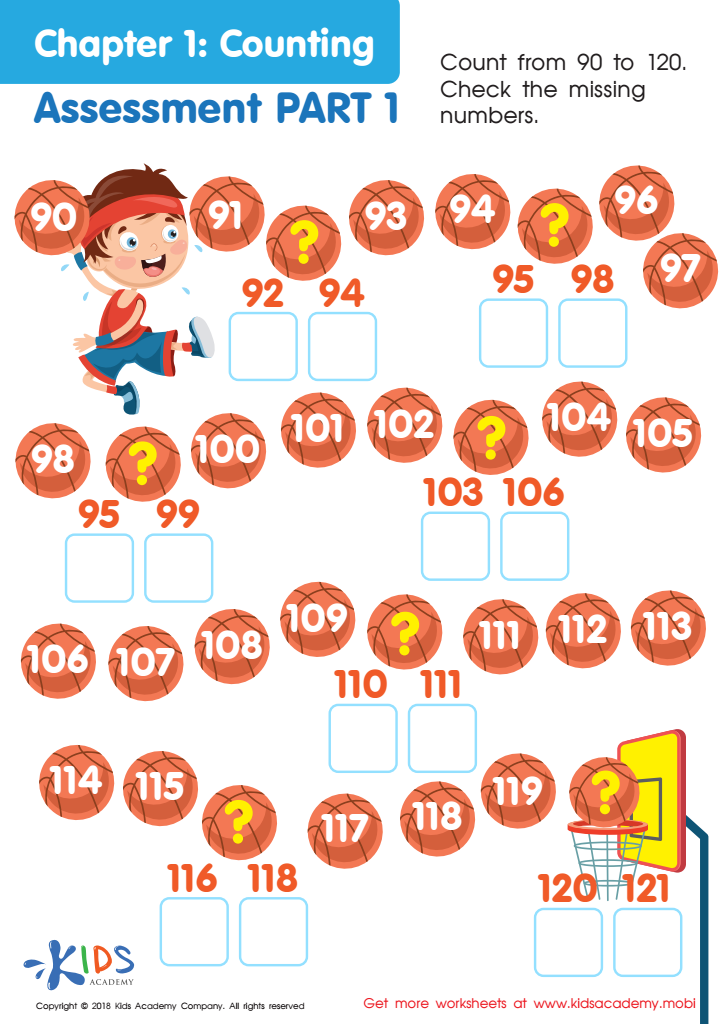

Counting Past 1: Assessment 1 Worksheet
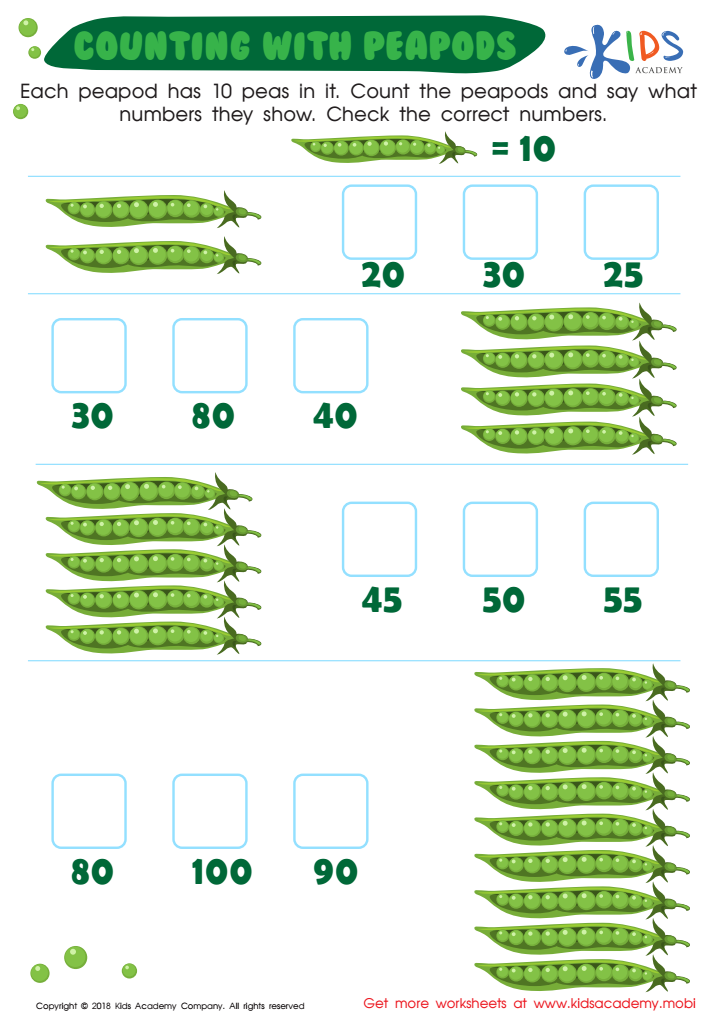

Number Worksheet: Counting With Peapods
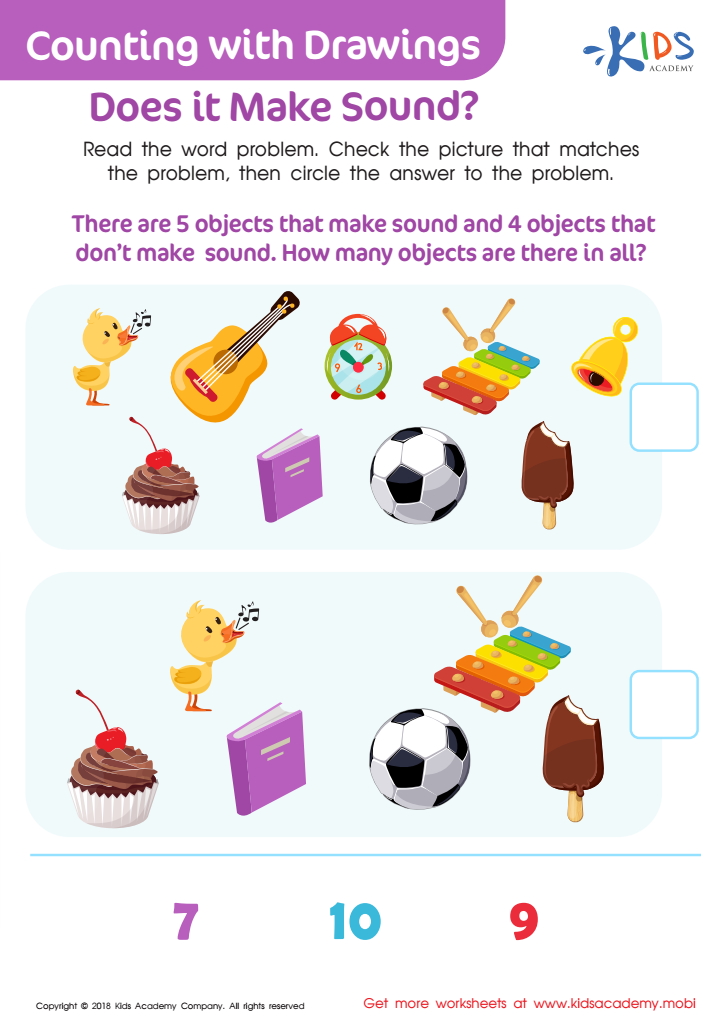

Counting With Drawings. Does It Make Sound? Worksheet
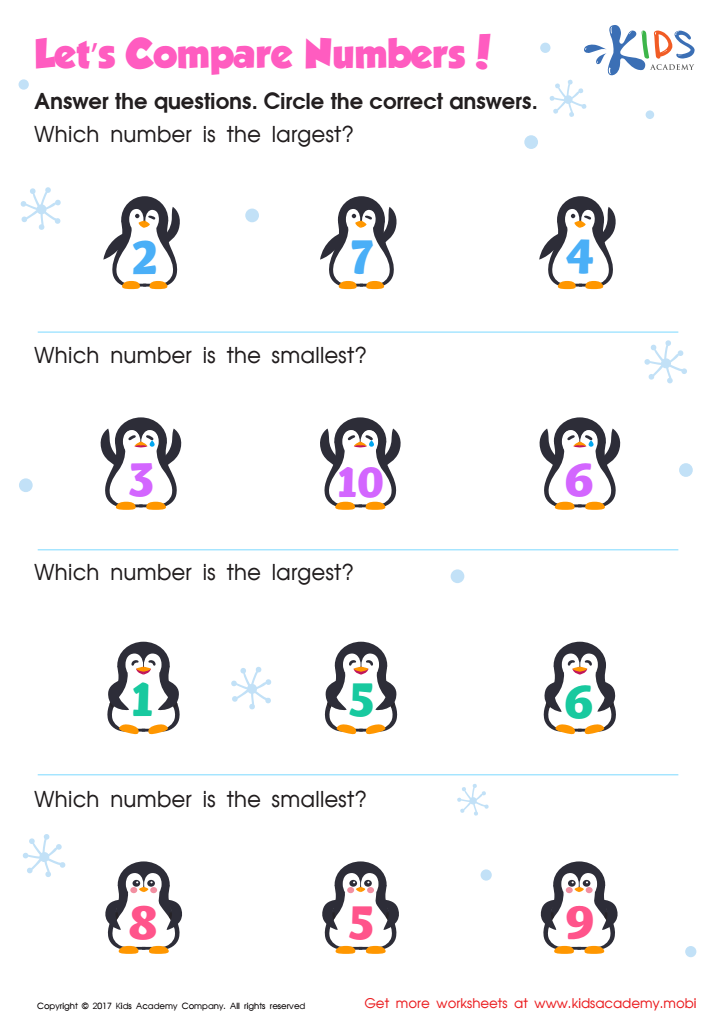

Comparing Numbers 1–10 Worksheet Kindergarten
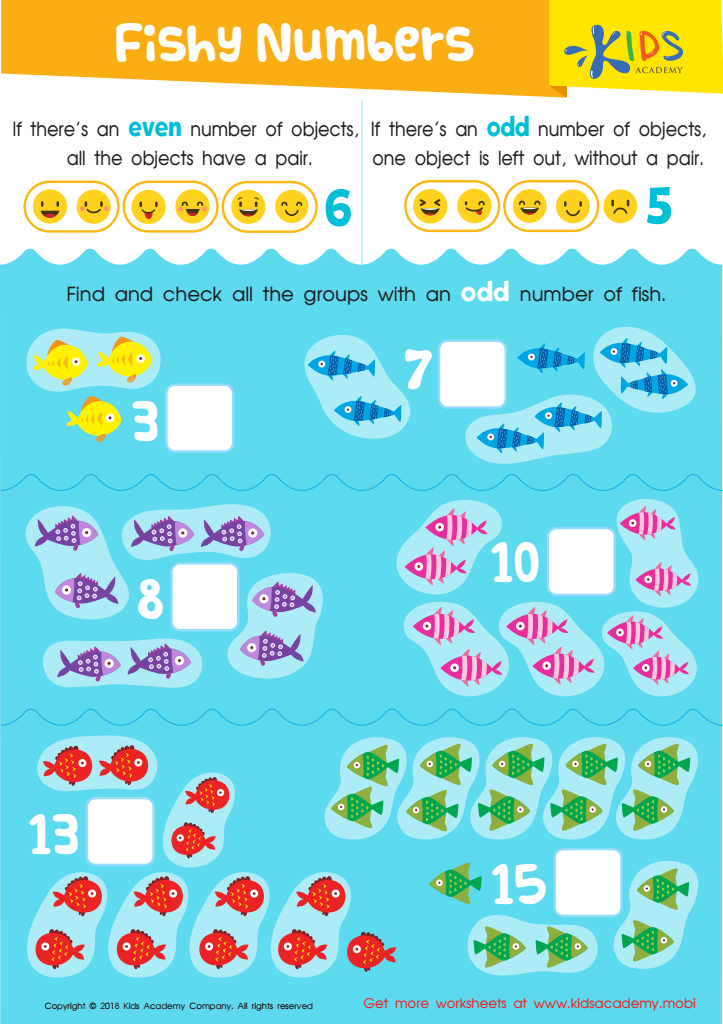

Fishy Numbers Worksheet
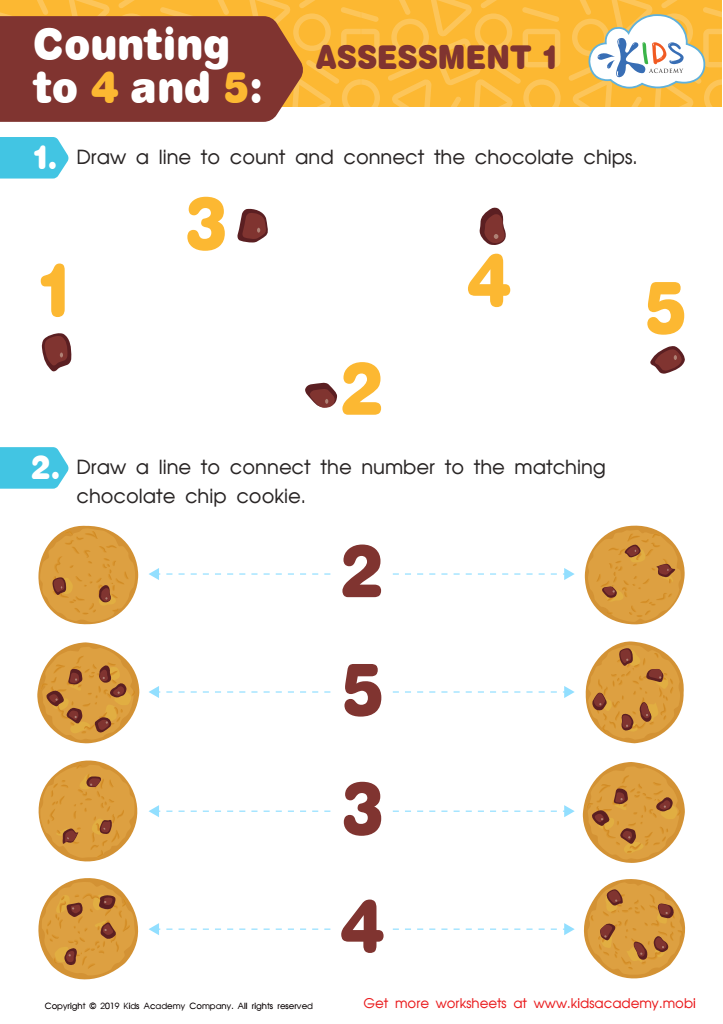

Counting to 4 and 5: Assessment 1 Worksheet
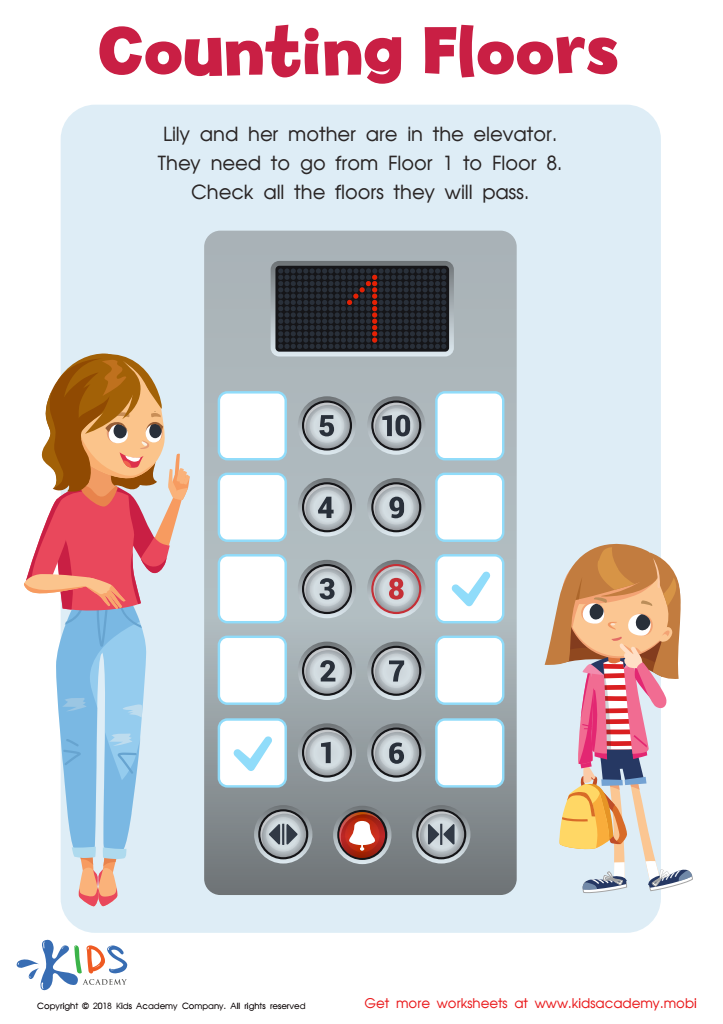

Counting Floors Worksheet
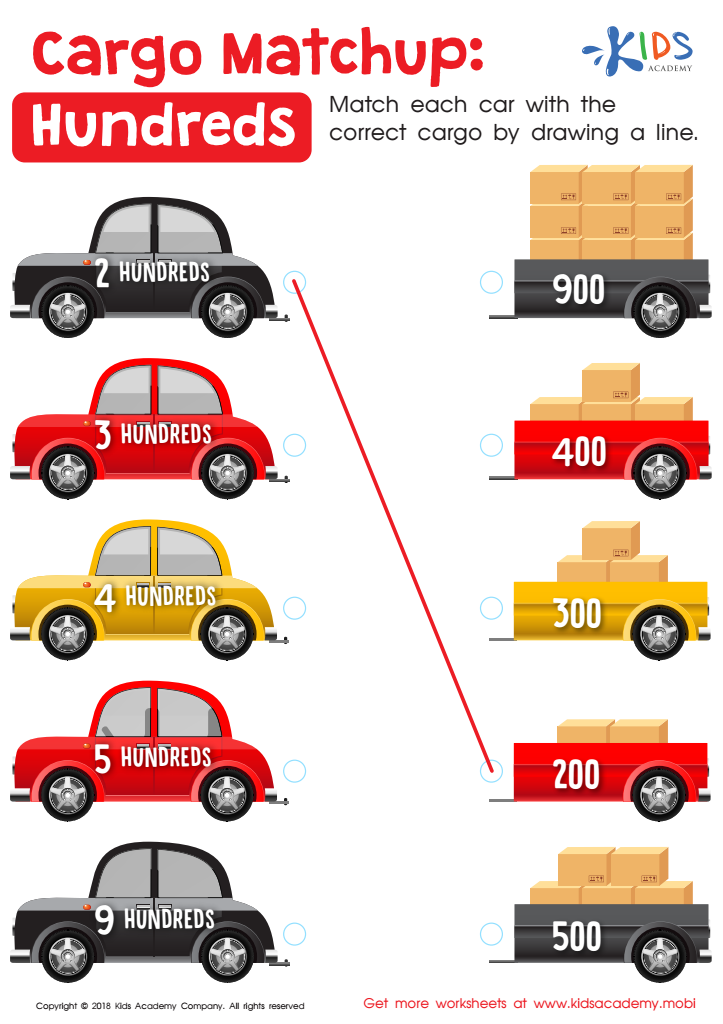

Cargo Matchup: Hundreds Worksheet
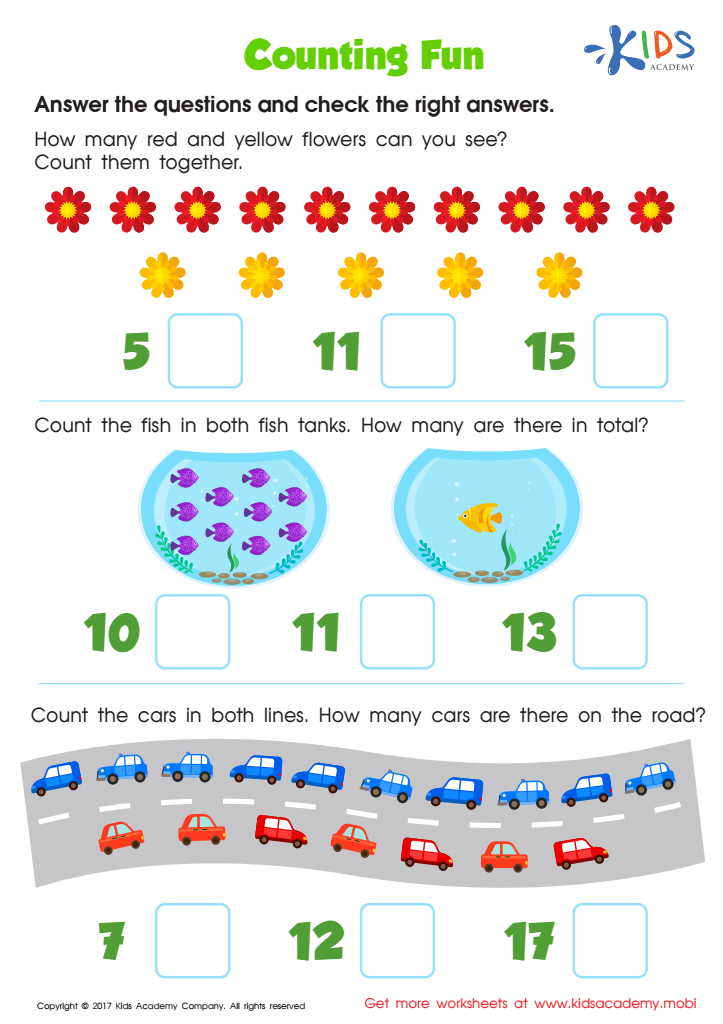

Counting Fun Worksheet
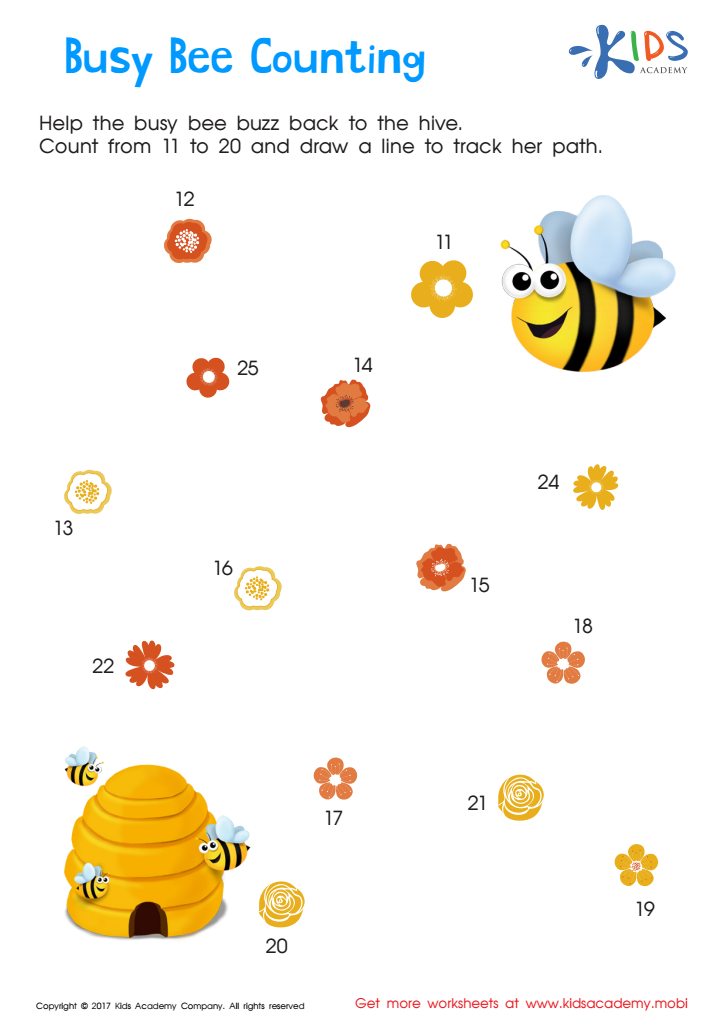

Ordering 11–20: Busy Bee Counting Worksheet
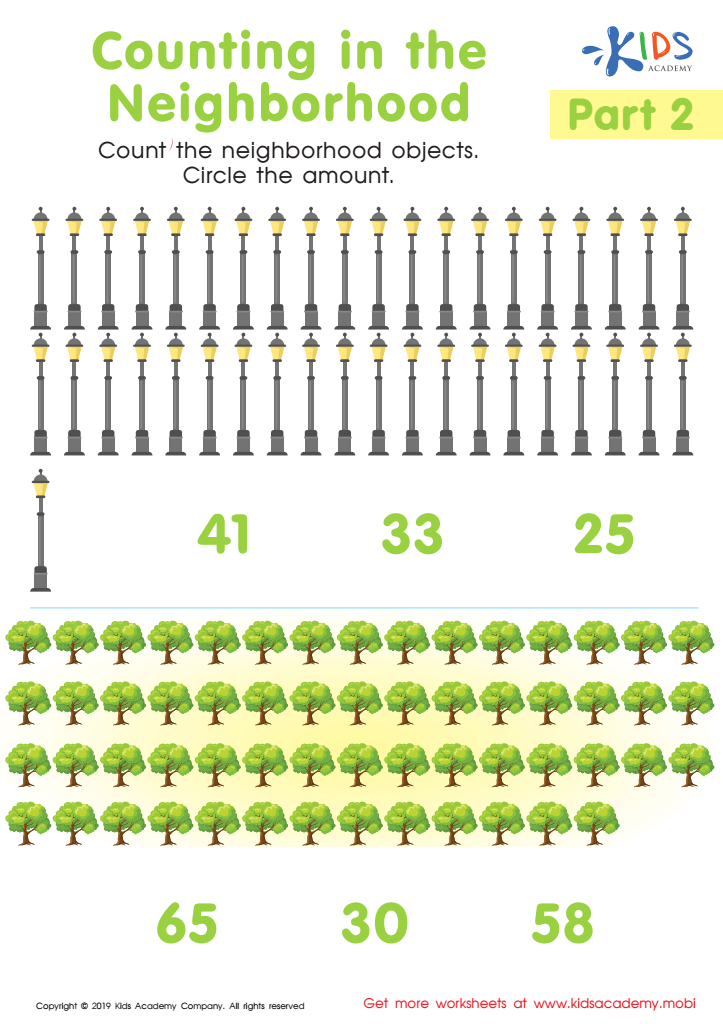

Counting In The Neighborhood Part 2 Worksheet
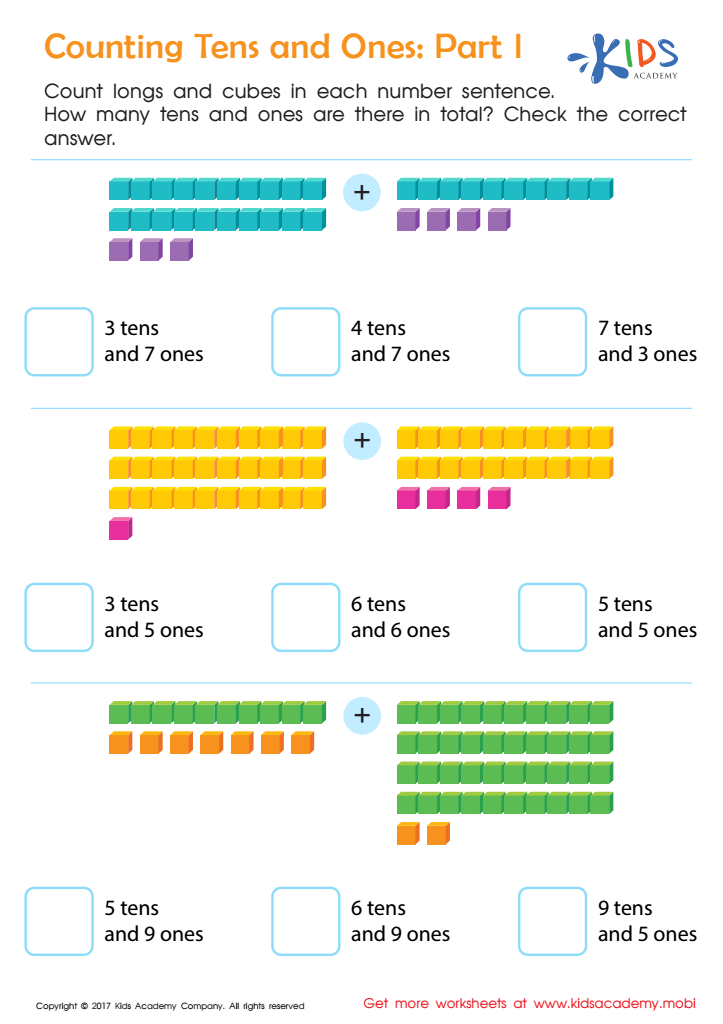

Counting Tens and Ones: Part 1 Worksheet
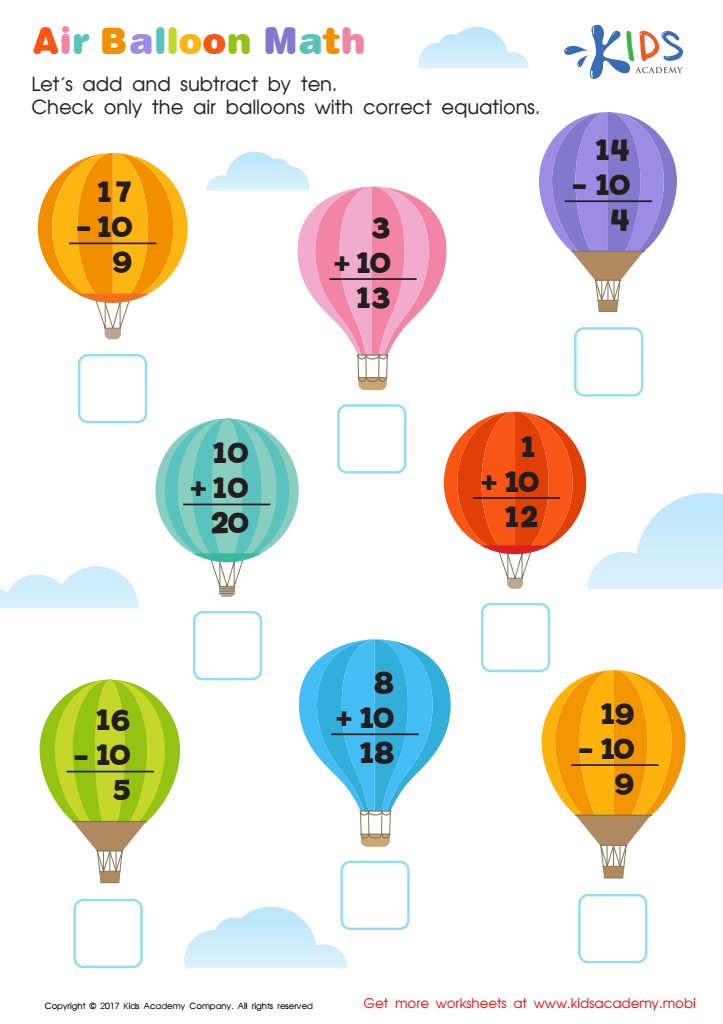

Air Balloon Math Worksheet
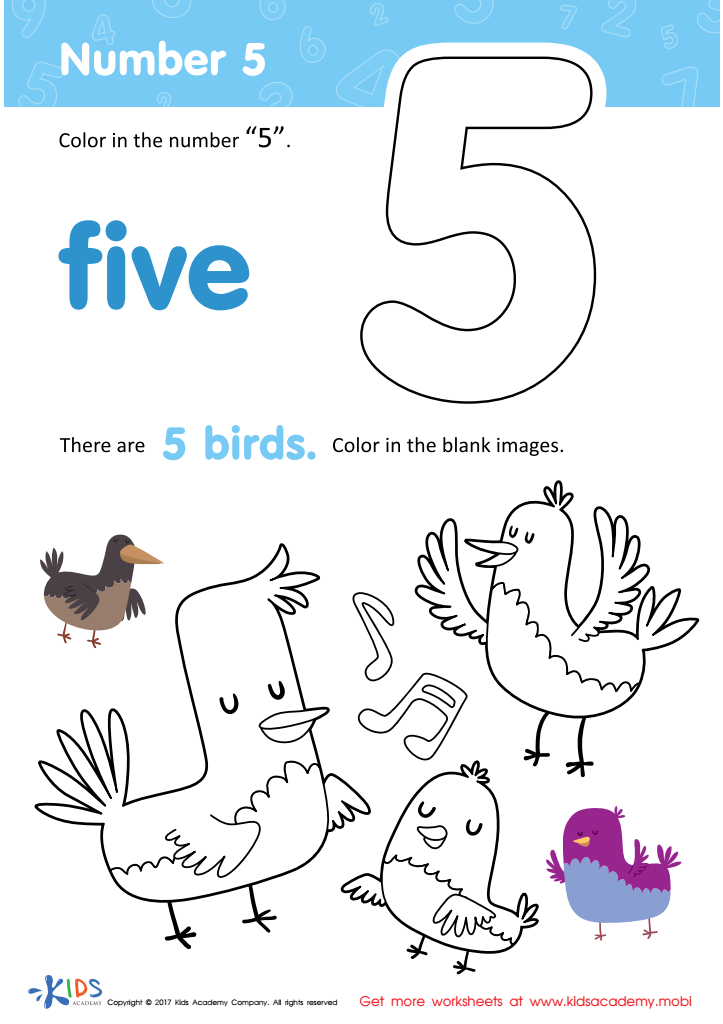

Number 5 Printable
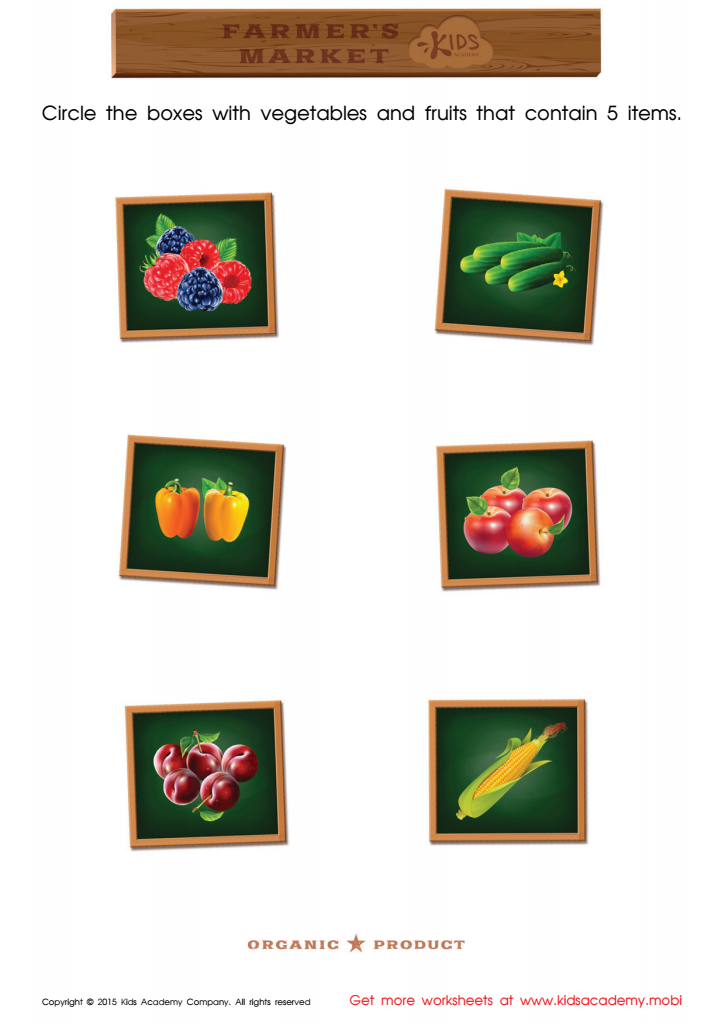

Count and Match Vegetables 1 – 7 Math Worksheet
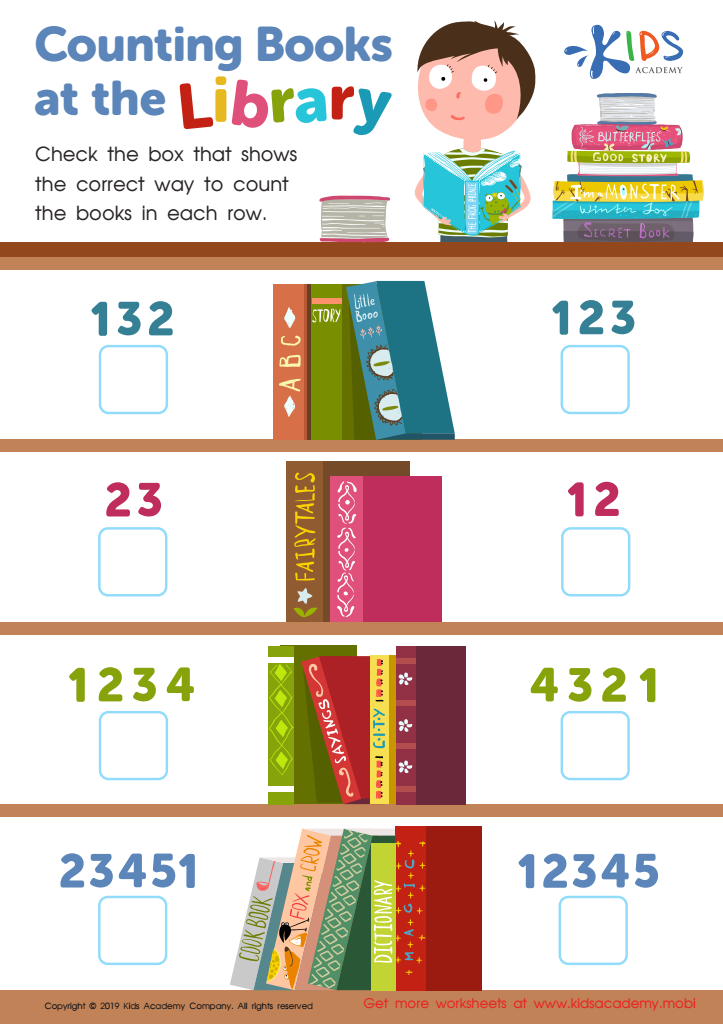

Counting Books at the Library Worksheet
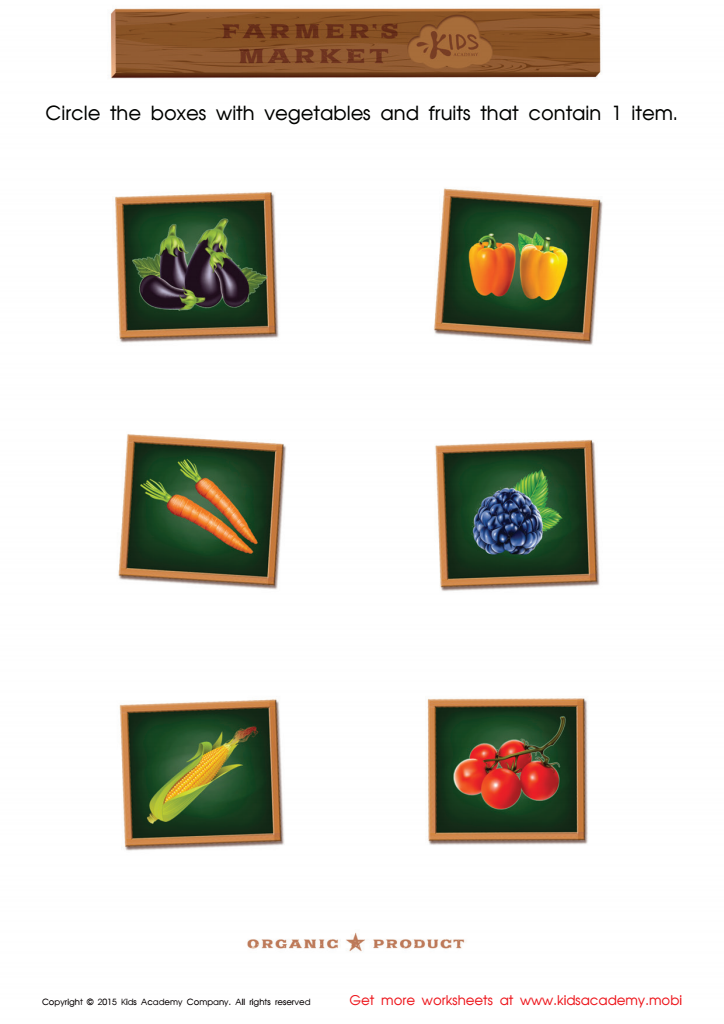

Count and Match Boxes with Vegetables
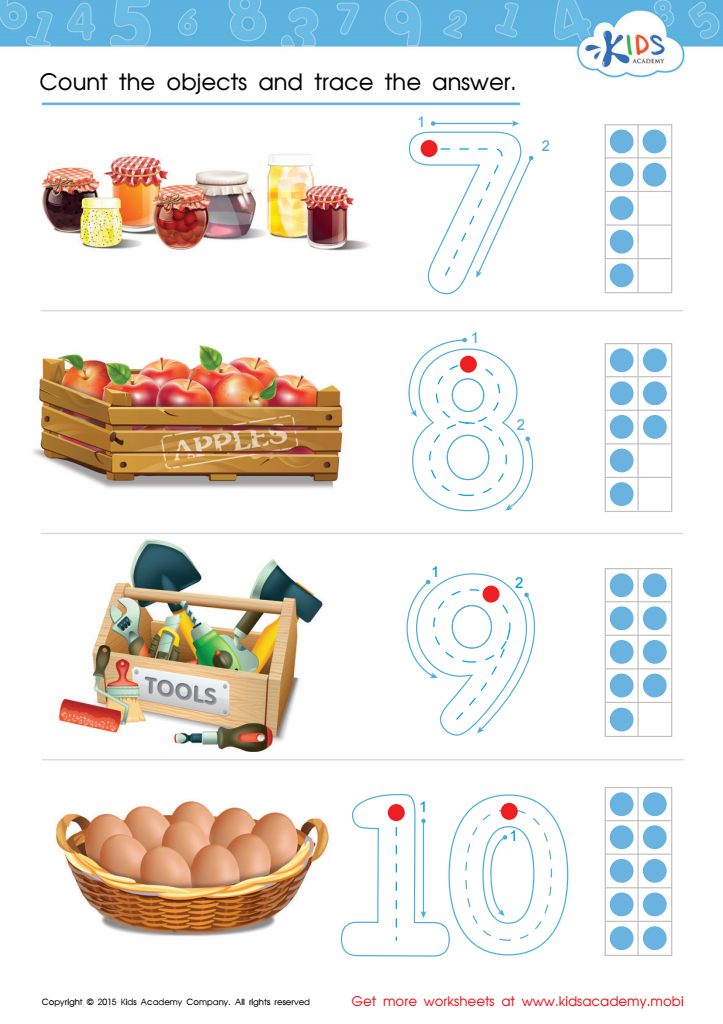

Count and Trace 7 – 10 Worksheet
Number recognition for children aged 3-8 is crucial for early mathematical development, forming the foundation for all future arithmetic and problem-solving skills. For parents and teachers, fostering this competence is essential as it aids in the development of a child's cognitive skills, specifically in pattern recognition, memory, and logical thinking.
Understanding numbers helps children relate to the concept of quantities, enabling them to comprehend basic operations like addition and subtraction as they mature. Recognizing numbers also allows them to engage in everyday activities, such as counting objects, understanding time, and eventually grasping monetary value, thus fostering independence.
Moreover, early number recognition contributes significantly to a child's confidence and academic enthusiasm. As young learners find themselves capable of mastering numbers, their self-esteem naturally boosts, encouraging a positive attitude towards learning in general.
Collaboration between parents and teachers reinforces a supportive learning environment both at home and school. Hands-on activities such as counting games, number-based puzzles, and practical experiences like touching objects relative to their numbers, make learning interactive and enjoyable, optimizing the child's engagement and retention.
Overall, paying attention to number recognition in early childhood prepares children for more complex mathematical concepts, nurturing a well-rounded cognitive development critical for their long-term educational success.

 Assign to My Students
Assign to My Students




%20(1).jpg)











